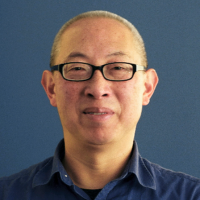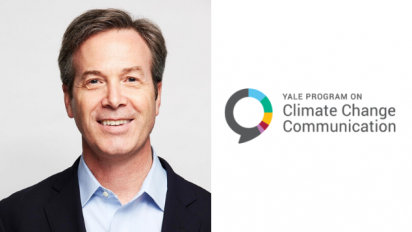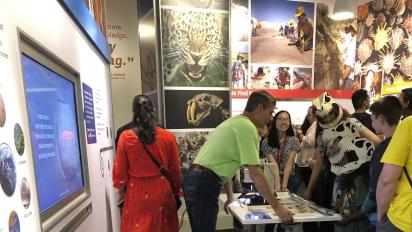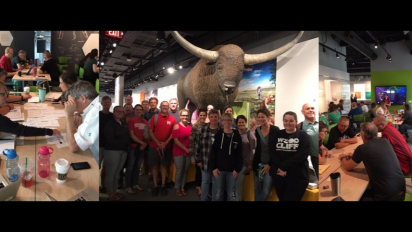Mary Morrow describes herself as a “PD junkie.”
“I attend about every professional development workshop I can,” Morrow, an NCSE Teacher Ambassador, recounted recently as she discussed her role organizing and facilitating a two-day professional learning opportunity focused on NCSE’s five climate change lessons. A 31-year veteran of the Lincoln, Nebraska, Public Schools, Morrow brought 20 teachers from the region together to the University of Nebraska State Museum in the summer of 2019 to meet, learn, and connect with local scientists.
As a PD junkie, Morrow understands first-hand what teachers are looking for from these kinds of experiences: not only ready-to-go classroom-tested activities but also an opportunity to go through the activities carefully and thoroughly—and to have a little fun along the way.
Morrow kicked off the event by showing a video featuring NCSE’s Executive Director Ann Reid in which she discusses the fact that many high school teachers acknowledge lacking confidence in teaching climate change or avoiding teaching the topic altogether. “Well, that was me however many years ago,” Morrow explained. She, too, avoided teaching about a topic that was and continues to be socially contentious. “That was at a time when there was a lot of climate denial. And I was a little shy about teaching it, because I didn’t have the background or the data. As a teacher, I wanted to understand the evidence to answer students when they queried me about what was going on.”
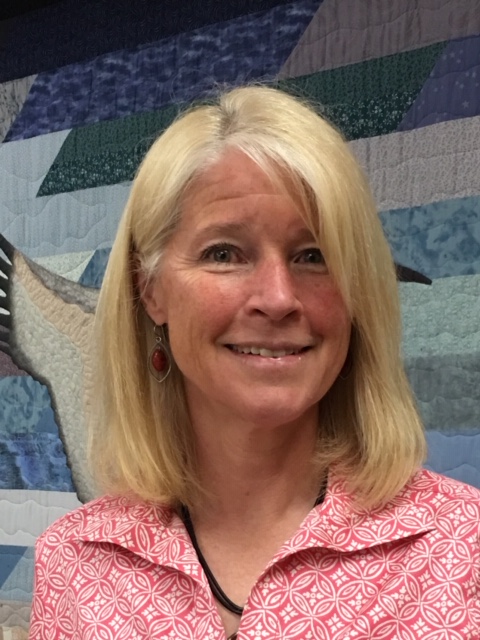
Morrow guessed—correctly, as it turned out—that many of the teachers attending her workshop were in the same boat she found herself in years ago.
Over the course of the two days, Morrow had the teachers delve into each of the five lessons to understand the science and pedagogy behind them, as well as consider ways to modify the lessons to meet their individual needs as teachers. She also focused on the misconception-based aspect of each of the lessons, which she explained is crucial in helping the teachers, and by extension their students, become critical consumers of science, particularly climate change science.
Along with planning the workshop content, Morrow also solicited participants by spreading the news about the workshop through her various contacts including at the Nebraska Department of Education. And she secured the venue through a researcher she knows at the museum, David Harwood, who studies ice cores and is one of the scientists who helped Morrow better understand the current climate crisis. The museum has opened a new exhibit called “Cherish Nebraska” that’s focused on climate change impact in the state, and was very receptive to hosting a teacher workshop on climate change. Holding the workshop there had numerous benefits, Morrow said. It was a comfortable, attractive setting. And Morrow was able to schedule several guest speakers from the university, one of whom treated the teachers to an evolution demonstration about the various species of horses in Nebraska over time, which they found utterly fascinating and informative. Another, Clint Rowe, spoke about climate modeling. Perhaps most importantly, hosting at the university allowed the teachers to connect with these scientists and see how open those in the scientific community are to working with educators.


